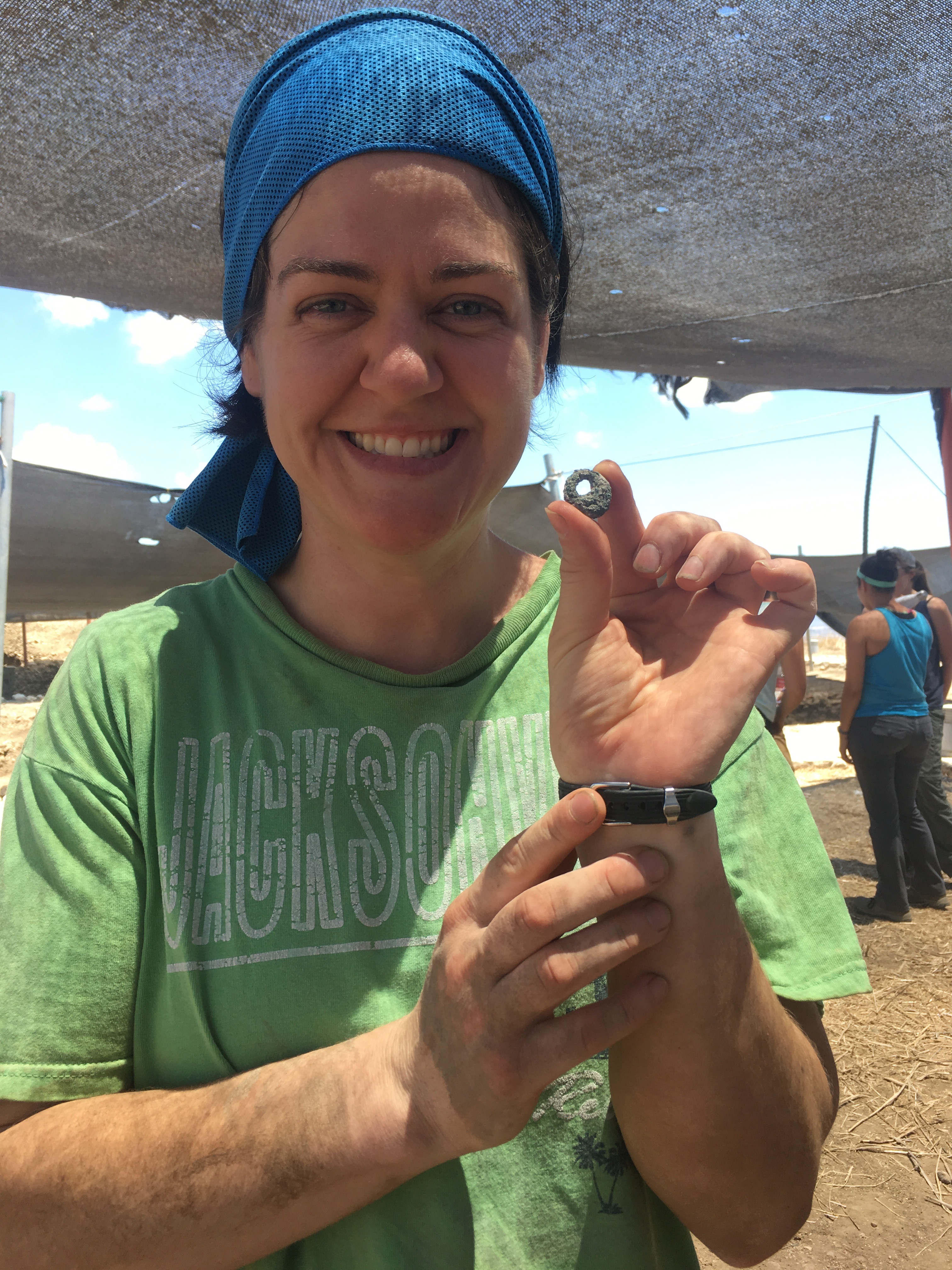The Call to Listen
The Call to Listen
I have heard the Call to Prayer (Adhan) many times in my life. While living in Jerusalem for two years, it was a normal part of my day. I rarely stopped to listen, perhaps because most of the mosques played a prerecorded version of the Adhan over cheap loudspeakers, making the Call a tinny, unintelligible whine. But Al-Jazzar mosque is the largest mosque in the Old City of Akko, and seems to not only use better speakers, but also to engage a real, living Muezzin. I immediately noticed the difference. The Muezzin’s voice is rich and full. I can identify individual words. All of the musical ornamentations are articulated clearly. He has turned the Adhan into a song of meditation. And now, instead of largely tuning it out, when the Adhan starts, I stop (whenever I can) and listen to this beautiful expression.
Since Akko is perhaps the best-preserved crusader city in the world, there has been an emphasis in my studies here on the crusades: what led to them, what happened during the crusades, and their aftermath. The crusades, in all their gory glory, are excellent examples of the danger of harboring fear and contempt toward different religions, races, or cultures. This is not a short-lived danger. True, the crusades ended over five centuries ago. But the effects of the crusades are still shaping our world today. The Crimean War was an ideological continuation of the fourth crusade (in which Western Christianity went to war against Eastern Christianity), and it in turn led to World Wars I and II (which significantly influenced the international scene today). I acknowledge that this is a gross oversimplification of hundreds of years of history. However, the point still stands that we continue to live with the repercussions of the crusades.
Would the tragedy of the crusades have happened if the Eastern and Western churches had really listened to each other? Or if Islam and Christianity had learned to not only notice, but to treasure the beauty of the other? Living in an ancient city and learning its history highlights similar challenges in our own time. But is much easier to identify the mistakes of the past than to create solutions for the future. As I think about the potential trajectories of society, it seems that an important step could be to listen and treasure the “others” among us, regardless of how different their backgrounds may be.
Al-Jazzar Mosque at sunset
The Old City at sunset

